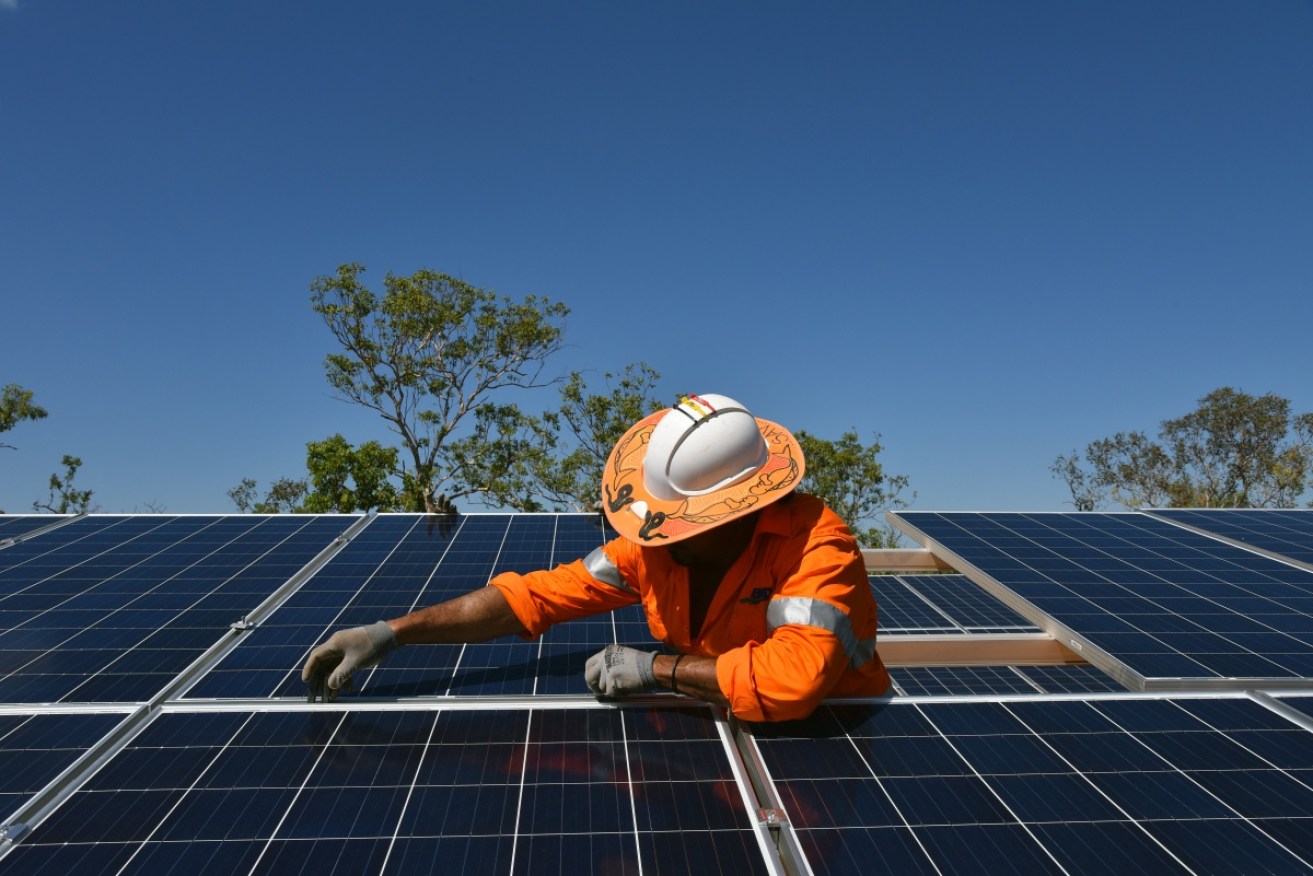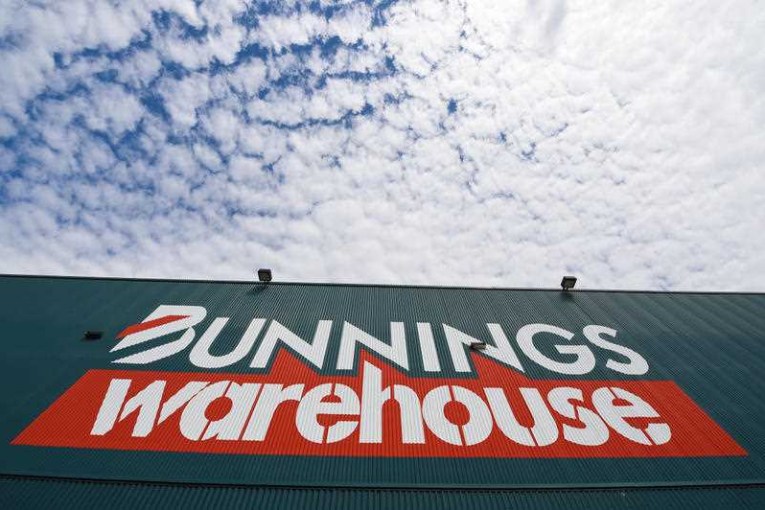How solar power financing is leaving customers badly burned


Solar panels are becoming a familiar sight in Australia; so too are complaints about the companies financing them. Photo: AAP
Rooftop solar panels have never been more popular in the sunburnt country, but dodgy retailers are turning up the heat on unsuspecting customers.
More than 285,000 rooftop solar installations were carried out across Australia in 2019, marking a record for the country.
The Clean Energy Council expects that momentum to continue in 2020.
But Consumer Action Law Centre (CALC) has raised concerns that buy-now-pay-later (BNPL) services being offered to customers as interest-free ways to finance their solar aspirations are leaving many out of pocket.
These providers, notably Brighte and FlexiPay, allow customers to buy their panels upfront but pay for them in instalments – similar to products like Afterpay.
BNPL products effectively work like a line of credit, but because they do not charge interest they are not covered by the National Consumer Credit Protection Act (NCCPA).
In December, an industry-led code of conduct – the New Energy Tech Consumer Code – was proposed to rectify these issues.
Under the code, retailers could not accept financing from BNPL providers that didn’t voluntarily sign up to the NCCPA rules.
This is being challenged before the Australian Competition Tribunal by Flexigroup, which says such a code would necessarily put solar panels out of reach for many.
CALC chief executive Gerard Brody disagrees.
“Solar panel retailers that commit to this code shouldn’t be using this type of unregulated finance, and that’s what we are arguing at the tribunal,” Mr Brody said.

Rooftop solar is more popular than ever, but installing panels can be costly. Photo: Getty
“These BNPL providers aren’t regulated like other lenders. They aren’t required to do responsible lending assessments.
“And because they’re unlicensed, the retailers themselves are able to engage in unsolicited selling to sign people up.”
Loans too expensive to cover energy bills
CALC gave the example of a couple from rural Victoria who relied on disability and carer pensions to support themselves.
After an unsolicited visit from a solar panel retailer, the couple – who already owned a 12-panel solar system – hesitantly agreed to buy a new eight-panel system using a $6050 loan from BNPL firm Brighte.
Under that agreement, the couple were obligated to make interest-free repayments of $47.12 every fortnight for five years.
But it didn’t end there.
The same salesman later returned to the couple’s home and pushed them to buy another solar panel system.
He continued to pressure them, even after the couple said they were not interested.
Eventually the couple caved, taking out another loan – this time for $4550 – after being told the additional panels would save them money.
Soon afterwards, the couple realised that Brighte had increased their fortnightly repayments to $85, rather than extending the length of their loan as they had initially thought.
The repayments became too much, leaving them without enough money for food, medical costs, and the energy bills they had sought to save money on.

A Victorian couple relying on Centrelink was left unable to afford food. Photo: AAP
The couple was forced to apply for a utility relief grant to cover its solar panel repayments.
Mr Brody said the couple was not alone.
“We’ve received more complaints about this kind of finance than mainstream, regulated finance,” he said.
“We’ve been contacted by pensioners who own their own homes and have been signed up to finance that is so unaffordable that legal action is engaged to recover the costs, which then puts their home at risk.”
Mr Brody said other regulators and complaints bodies “also appear to have received high numbers of complaints” from customers using this type of financing.
‘We don’t tolerate misconduct’
Both Brighte and Flexigroup said they support efforts to strengthen the code of conduct for retailers.
But neither company believes imposing NCCPA rules on the solar energy market will help customers.
Brighte founder and chief executive Katherine McConnell told The New Daily customers want choice when it comes to financing – and tougher rules will reduce their options.
“If the [banking] royal commission has taught us anything, it’s that regulated products don’t guarantee good customer outcomes,” she said.
“To force customers to tap into their savings or use a traditional high-interest loan product does not serve their best interest and they could end up paying more than they should.”

BNPL companies say customers should be allowed to choose how they pay for solar panels. Photo: AAP
Flexigroup chief executive Rebecca James held a similar view, telling The New Daily BNPL is a “necessity” to drive competition and adoption of the technology.
“It is the simplest and cheapest form of finance, offering consumers the swiftest payback on their investment,” she said.
The two executives however condemned misconduct on the part of retailers, with both warning they were not afraid to end relationships with unscrupulous businesses.
“We don’t tolerate vendor misconduct full stop,” Brighte’s Ms McConnell said.
“We don’t want the behaviour of a very small minority to prevent our customers’ ability to choose the way they pay. We are not afraid to take decisive action when needed.”








